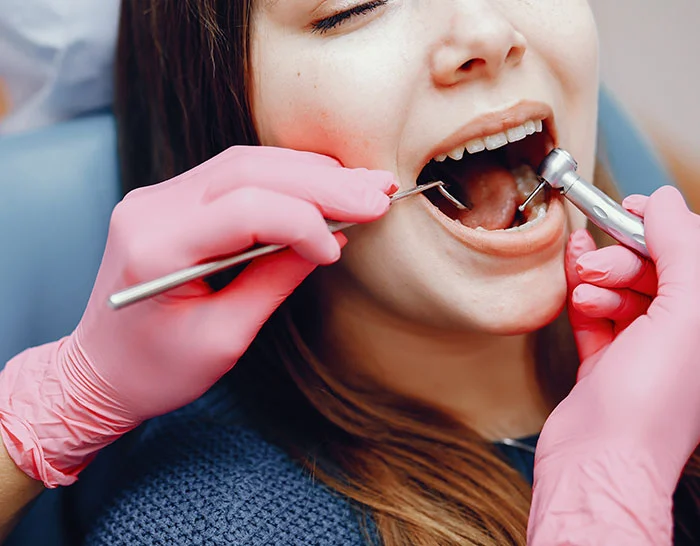Oral Surgery
Oral Surgery
Our Dental Centres are well equipped and staffed to undertake most oral surgery procedures. We have dentists how to have a special interest in oral surgery.
Not all teeth can be extracted in surgery as some teeth are more difficult than others due to location, remaining tooth structure or a patients medical history and sometimes a referral to a hospital may be necessary.
A tooth that is badly decayed or damaged and is not restorable
Loose or mobile due to gum disease or trauma
Wisdom teeth sometimes have to be extracted if they have come through impacted, cause localised infection or affect the adjacent teeth.
On the request of an orthodontist to help make space for crowded teeth
What Is Oral Surgery?
Our Dental Centres are well equipped and staffed to undertake utmost oral surgery procedures. We have dentists who have a special interest in oral surgery.
Not all teeth can be extracted in surgery as some teeth are more complex or than others due to position, remaining tooth structure or a patients, involved medical history and sometimes a referral to a hospital may be necessary.

What Will My Dentist Do?
Some teeth are easier to take out than others. A local anaesthetic (an injection in your mouth) will be used to numb the tooth before it is extracted; this is the best treatment for most patients.
In some cases, for children or nervous patients, or where a tooth might be difficult to remove, sedation (something to make you drowsy), along with a local anaesthetic, may be used but currently GDC has stopped doing sedations. On rare occasions, a general anaesthetic may be considered.
If a general anaesthetic is needed, you will have to have a hospital referral (you will not always be able to go home the same day).
After working out the best way to take the tooth out, your dentist will discuss with you:
How to make sure you don’t feel the extraction while it is happening.
Whether you should bring someone with you if you are having sedation or general anaesthetic.
When it would be convenient for you to have the tooth removed.
You might also discuss other treatments you may need-for example, whether you may require a denture, bridge or implant to fill the gap.
While The Tooth Is Being Taken Out:
- You may hear some noise and feel some pressure as the tooth is being eased out but not any pain.
- Sometimes stitches are put into the gum to help the mouth heal.
Afterwards:
- How to look after the space where a tooth was while it is healing.
- How to use painkillers so you are not in any discomfort when the anaesthetic wears off.
- How to contact the practice if there are any problems.
